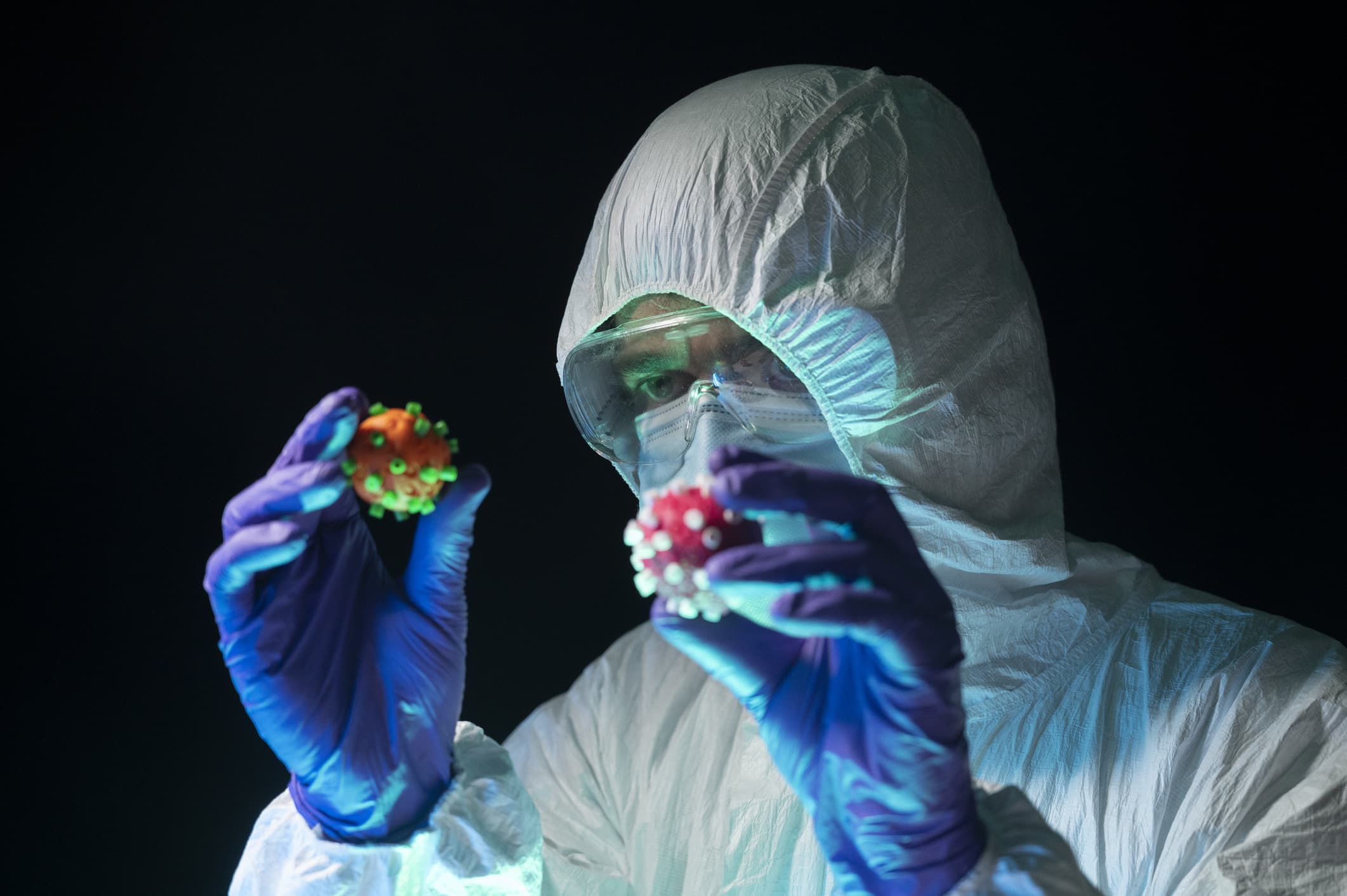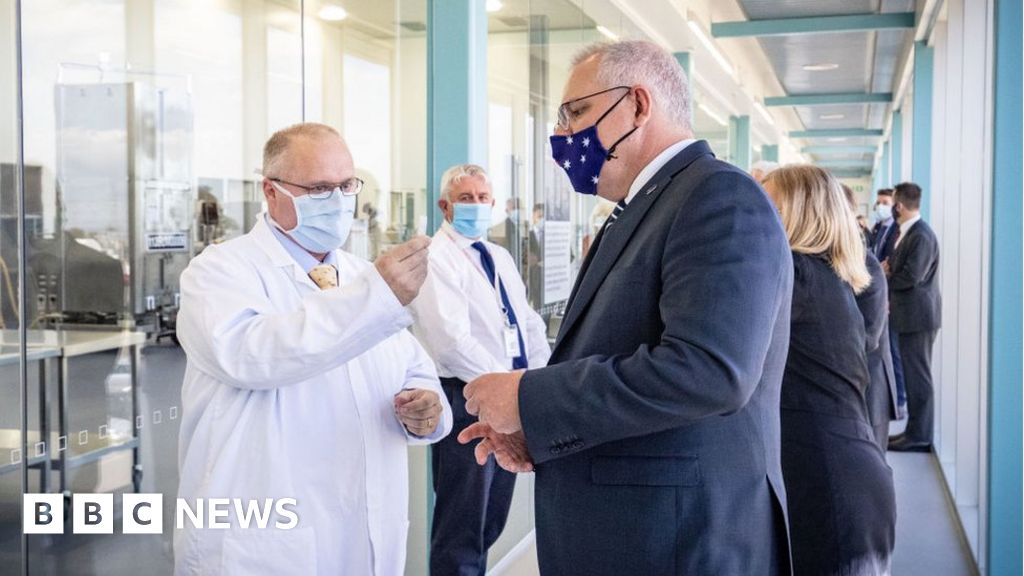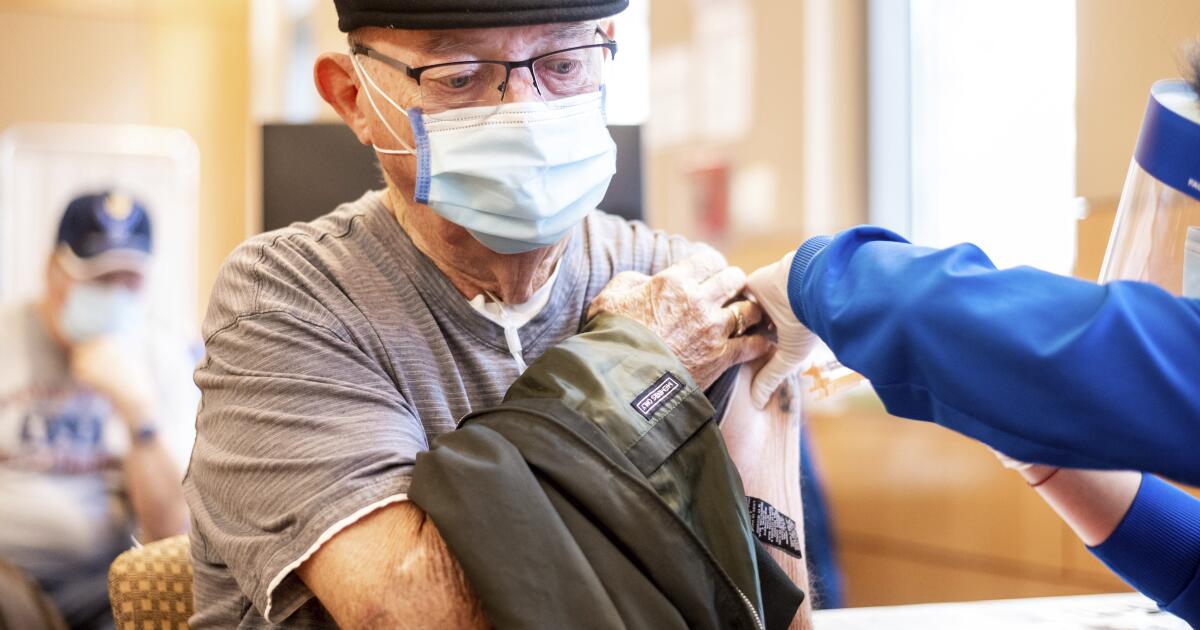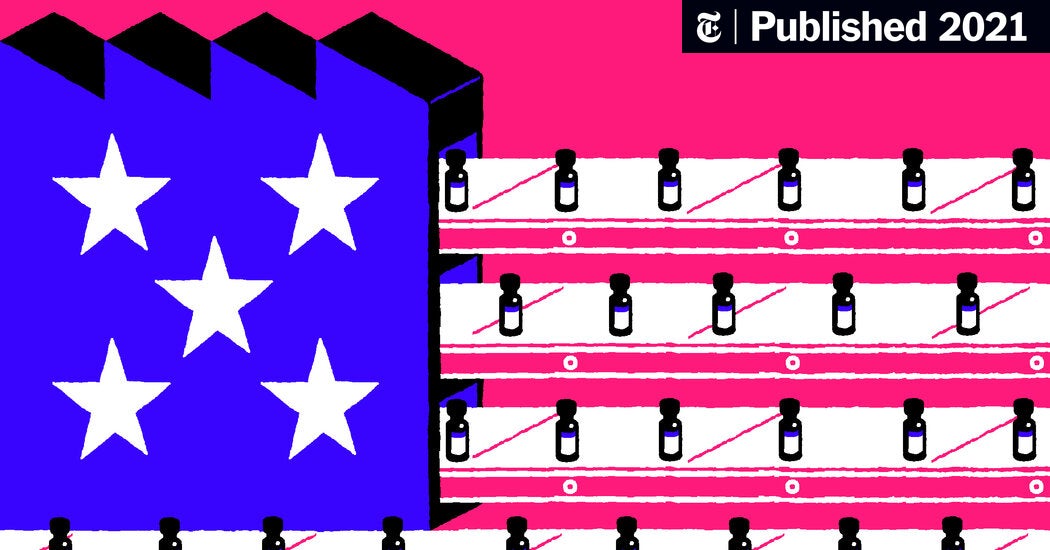Remember what happened when European explorers came into contact with native populations that had no previous exposure to endemic western diseases like the common cold. Perhaps the first time the common cold hit Europe, a lot of people died. We are all descendants of the survivors, whose immune systems passed that test.
I have often wondered how true this is. You could easily argue the other case, there must have been other bacterial diseases and viruses in the Americas that the European explorers would have had no immune response to. Why didn't they drop down with 'Aztec Colds'? Certainly diseases the Smallpox were deadly to all humans everywhere, but I wonder if colds etc. really were as deadly as the usual histories have it.
Covid will also evolve and try to overcome the brakes vaccines try to put on it.
The big choice now is how to administer the two-part vaccines. Make maximum use of current stocks and give as many people as possible good protection for a short time or give the full dose to a lesser number to keep them topped up for longer.
In the UK the gap between them will be 2-3 months rather than the 21 days Pfizer can guarantee the first jab will last for. Its a gamble that being safe for 3 weeks out of 12 is worthwhile.
Then there is a gamble that the second jab three months later will work as effectively if the first jab has ceased to provide immunity.
Its going to take three months (probably more) to give all 14 million at risk and elderly Brits their first jab. Presumably a second jab will take a similar time to accomplish (limits on production, ongoing first jabs for other groups, manpower limits etc.), so should complete around June.
If most of the adult population in the UK receives both jabs (minus a few million who object etc.) then it could take the best part of a year to achieve.
The $64M question is how long the second jab remains effective. A flu vaccine typically lasts six months (and is only 40-50% effective generally). So by December you'll have to start reimmunising those 14 milion at risk people again. Assuming vaccine production is no problem in 2022 it should take less than six months to cover all the at risk groups again. But mass immunisation of the greater bulk of the adult population on a rolling programme is going to be a never ending slog.
For example, this year 30 million people in the UK are eligible for a flu jab, so far (according to NHS and Pharmacy data) since September 2020 only around 12 million have been vaccinated (77% of over 65s and 44% of the under 65 at risk groups).
Given that two quite serious mutations have occurred after 9 months (not to mention the many lesser mutations), nature is still outstripping our ingenuity. Anyone who thinks the vaccine is a magic bullet that will get life back to pre-Covid days is probably wildly optimistic.








